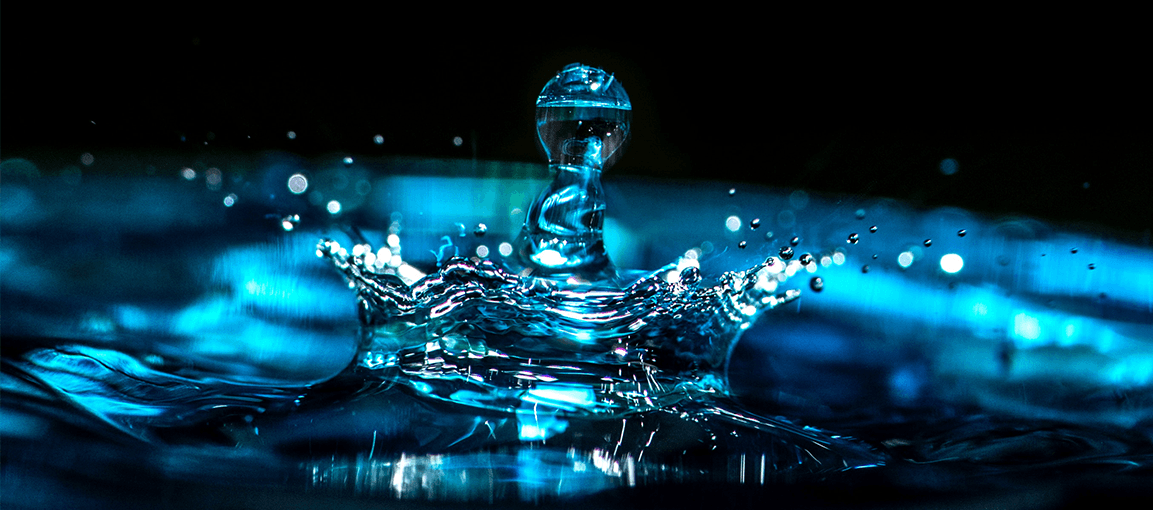
Vinyl gloves (also known as synthetic gloves) are waterproof – to a degree.
Their water resistance comes from what they’re made of: polyvinyl chloride (PVC) paste and a plasticizer that softens the PVC to make it pliable.
PVC is a synthetic resin used in many plastic products around the world like raincoats, shower curtains, pipes, and window frames. PVC is the chosen material for products like raincoats and shower curtains because of its resistance to water.
But like all disposable gloves, vinyl gloves are not 100% impermeable. Also, the degree at which they’re water-resistant depends on several factors including:
1) Their condition before use
Are they cracked? Discolored? Are there punctures, holes, or tears? (This is why we recommend that wearers always check gloves before donning them.) If they are, they obviously won’t be as waterproof.
2) How long the gloves are worn
Disposable gloves aren’t designed to be worn for a long time and can degrade if they’re worn for too long.
Also, although PVC itself is a barrier to most microorganisms, its non-elastic properties do not allow for maintenance of barrier integrity after extended use.
3) If they’re exposed to other organic solvents beforehand
Vinyl gloves are resistant to many different kinds of chemicals, but they aren’t that resistant to organic solvents. The CDC defines “organic solvents” as “carbon-based substances capable of dissolving or dispersing one or more other substances.”
If a vinyl glove touches an organic solvent, it may degrade, affecting its integrity. So, it wouldn’t be as resistant to water as a result.
4) If they get punctured or snagged
Vinyl gloves are less resistant to snags and punctures than latex gloves, so if they’re punctured or snagged, water can enter them.
Conclusion
All of these factors contribute to the water resistance of a vinyl glove. It’s worth noting that latex gloves and nitrile gloves are generally more waterproof than vinyl gloves.
Still, vinyl gloves offer other advantages that latex and nitrile gloves do not.
So, if you’re evaluating vinyl and other kinds of gloves for a specific application involving water, we recommend that you consult with your trusted glove distributor or manufacturer to find what’s best for you.
Have a question about vinyl gloves or your specific situation?
